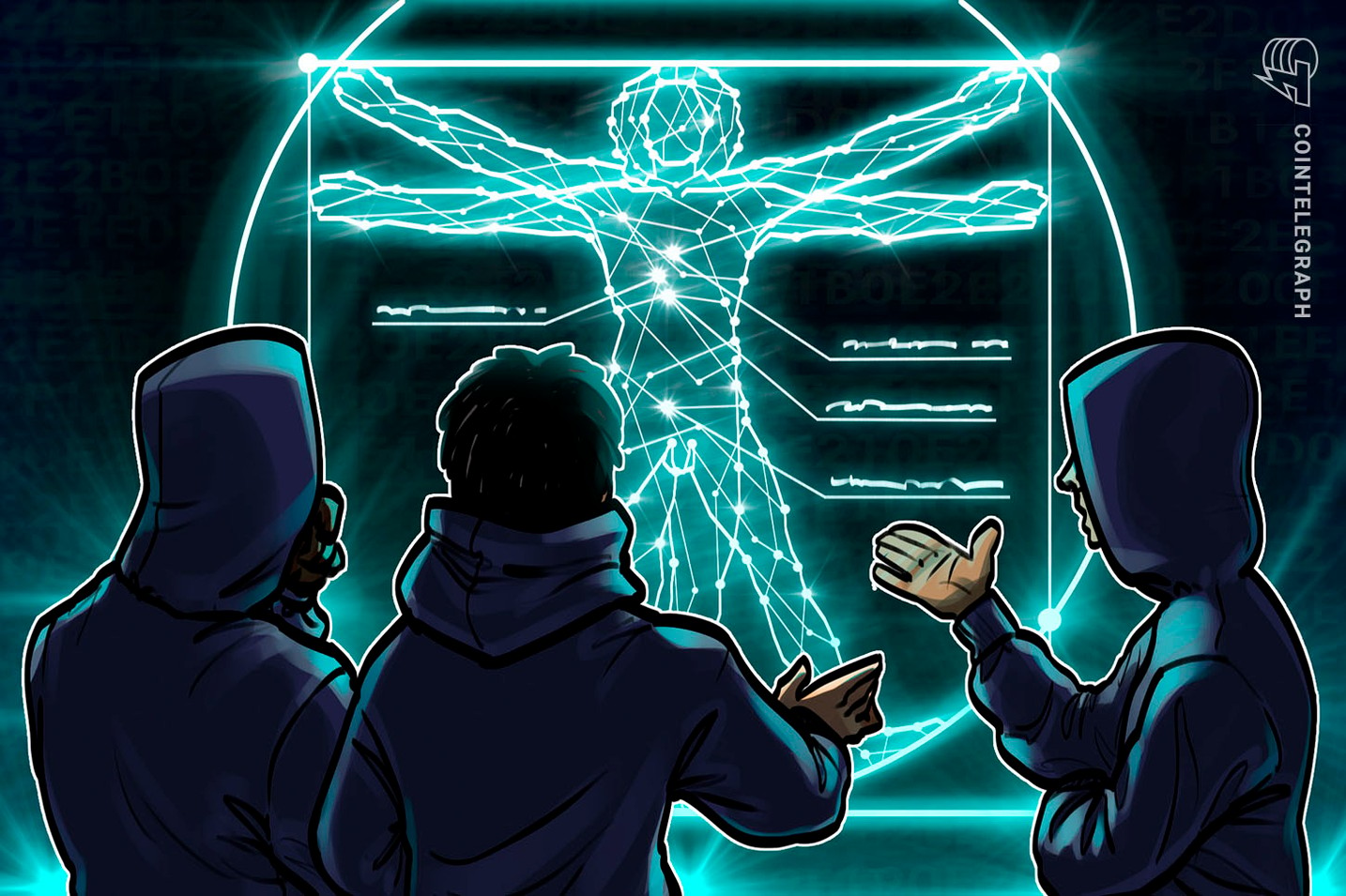THORChain Faces Dilemma: Balancing Decentralization and Illicit Use | 2025


THORChain Faces Dilemma: Balancing Decentralization and Illicit Use
THORChain has recently found itself at a critical juncture, grappling with accusations of being a money laundering protocol—a label that no decentralized finance (DeFi) project desires, especially with regulators poised to scrutinize its operations. Supporters of THORChain defend its decentralized nature, while critics point to troubling incidents that reveal some centralized tendencies within the protocol.

The Lazarus Group and the Bybit Hack
In a shocking turn of events, the North Korean state-backed hackers known as the Lazarus Group exploited Bybit for a staggering $1.4 billion. Following this attack, they turned to THORChain, making it their preferred platform for converting stolen funds from Ether to Bitcoin. This alarming trend has ignited a fierce debate about the role of DeFi in facilitating illicit activities and whether it can maintain its neutrality amidst such exploitation.

The controversy surrounding THORChain has led to internal conflicts, governance issues, and even developer resignations, raising a fundamental question: Can decentralized finance truly remain neutral when criminals exploit it on a large scale?

Decentralization vs. Money Laundering Accusations
THORChain operates as a decentralized swap protocol, and many argue that labeling it a laundering machine is unjust. Unlike mixers, which are designed to obscure the trails of cryptocurrency transactions, THORChain allows for traceable outputs. Federico Paesano, the investigations lead at Crystal Intelligence, emphasized in a LinkedIn post that it is misleading to claim that the North Korean hackers “laundered” the proceeds from the Bybit hack. He stated, “So far, there’s been no concealment, only conversion. The stolen ETH have been swapped for BTC using various providers, but every swap is fully traceable. This isn’t laundering; it’s just asset movement across blockchains.”

Interestingly, hackers have also utilized other platforms like Uniswap and OKX DEX to move their funds. However, THORChain has come under intense scrutiny due to the sheer volume of funds that have passed through its network. According to a March 4 post by Bybit CEO Ben Zhou, a staggering 72% of the stolen funds (361,255 ETH) flowed through THORChain, significantly outpacing activity on other DeFi services.

The Governance Dilemma
The strength of a truly decentralized platform lies in its neutrality and resistance to censorship, which are foundational to the value proposition of blockchain technology. Rachel Lin, CEO of decentralized exchange SynFutures, noted, “The line between decentralization and responsibility can evolve with technology.” She further explained, “While human intervention contradicts decentralization’s ethos, protocol-level innovations could automate safeguards against illicit activity.”

THORChain has reportedly collected at least $1.4 billion from these transactions, which has been a financial boon for a project already facing instability. This financial gain has fueled further criticism, leading some to question whether THORChain’s reluctance to intervene in these illicit activities is rooted in ideology or simply a matter of self-preservation.

Attempts to Block Illicit Activity
The controversy surrounding THORChain has sparked a dilemma regarding whether the protocol should take action against the hackers. In a bid to block the illicit activities, three validators voted to halt ETH trading, effectively closing off their swapping route. However, this decision was quickly overturned by four other validators, exposing a contradiction in THORChain’s governance model. The protocol claims to be entirely decentralized, yet it has previously intervened in operations, raising questions about the consistency of its governance.

Some members of the crypto community have criticized THORChain’s actions as a form of selective decentralization, where governance interventions occur only when it serves the protocol’s interests. Pluto, a key THORChain developer, has expressed concerns about the implications of these actions. Another developer, TCB, who identified themselves as one of the three validators who voted to halt Ether trades, has also voiced their frustrations regarding the governance structure.

Conclusion: The Future of THORChain
As THORChain navigates this complex landscape, it faces a critical challenge: how to uphold its principles of decentralization while addressing the reality of illicit activities that exploit its platform. The ongoing debate highlights the need for DeFi projects to evolve and adapt to the changing dynamics of the cryptocurrency space. The question remains: can THORChain strike a balance between maintaining its decentralized ethos and ensuring that it does not become a haven for illicit activities? Only time will tell.

For more insights on this evolving situation, visit the original article.









